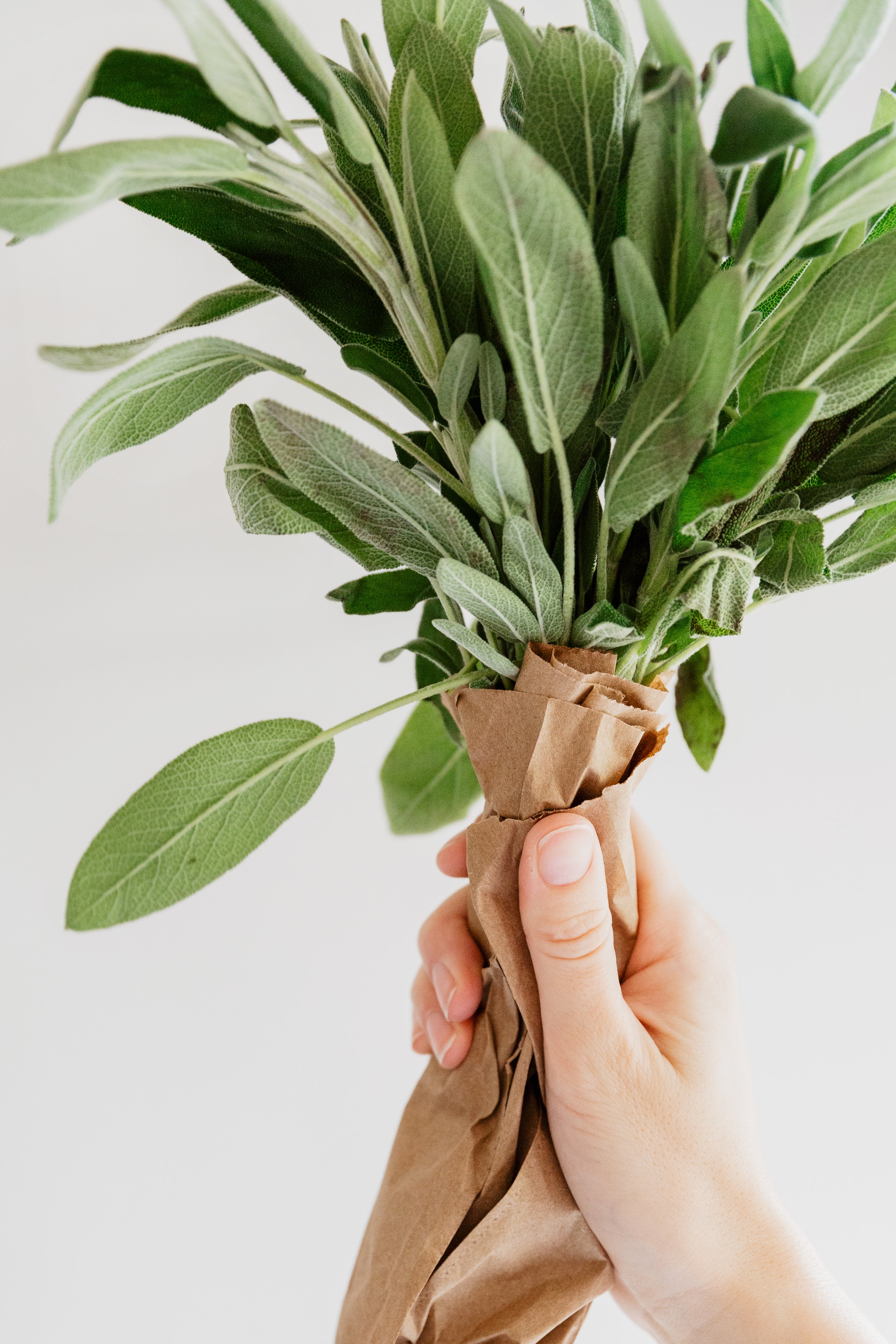The Rise of Kava Kava in Modern Wellness
In the search for natural ways to manage stress, boost focus, and support daily wellness, Kava Kava has become a standout herb. For centuries, Pacific Island cultures used Kava root in traditional ceremonies for relaxation and social connection. Today, it’s gaining global attention as a natural supplement that helps promote calm, balance mood, and improve focus without sedation.
But here’s the question many people face: Should you take Kava Kava as a drink, capsule, or tea? Each form has its own benefits, making it important to choose the one that best fits your lifestyle and wellness goals.
This article explores how Kava works, compares the different forms available, and shows how to integrate it into your daily health routine.
How Kava Kava Works in the Body
Kava Kava contains compounds called kavalactones, which are known to:
-
Interact with GABA receptors in the brain, encouraging relaxation.
-
Reduce stress hormones like cortisol, which can improve metabolism and support fat-burning.
-
Support focus and clarity by calming mental chatter without impairing alertness.
-
Enhance sleep quality, allowing for better overnight recovery and stable blood sugar balance.

Because of these effects, Kava connects closely with overall wellness—supporting metabolism, insulin sensitivity, gut health, and long-term vitality.
Comparing the Different Forms of Kava Kava
1. Kava Kava Drinks
Traditional and Social
Kava drinks are the most authentic form, prepared by grinding Kava root and mixing it with water. These drinks are still popular in Fiji, Tonga, and Vanuatu, where they are consumed during gatherings for relaxation and bonding.

Pros
-
Offers the full spectrum of kavalactones.
-
Creates a calming, almost ritualistic experience.
-
Ideal for social use or evening wind-downs.
Cons
-
Bitter taste that some find unpleasant.
-
Requires preparation and time.
-
Not convenient for busy lifestyles or travel.
2. Kava Kava Capsules
Modern and Convenient
For today’s fast-paced lifestyle, capsules are the easiest way to take Kava. High-quality all-in-one supplements often combine Kava with other adaptogens and herbs for added benefits.

Pros
-
Portable and easy to take daily.
-
Provides consistent dosage of active compounds.
-
Can be blended with other herbs for broader wellness effects.
Example:
Some advanced formulas combine Kava Kava with Rhodiola and 5-HTP, creating a synergy that supports stress relief, focus, mood, and gut health—all in one capsule.
Cons
-
Lacks the traditional experience of Kava.
-
Effects may be milder compared to drinks unless the dosage is optimized.
3. Kava Kava Teas
Gentle and Soothing
Kava teas are made by steeping prepared root powders or tea bags. They’re often blended with chamomile, peppermint, or other herbs to improve flavor and enhance relaxation.

Pros
-
Warm, soothing, and pleasant ritual.
-
Easier on the palate than traditional drinks.
-
Ideal for evening relaxation or bedtime routines.
Cons
-
Lower concentration of active compounds compared to capsules or drinks.
-
May require multiple cups for noticeable effects.
Which Form Is Best for You?
-
Choose Drinks if you value tradition, enjoy rituals, and want a strong, social experience.
-
Choose Capsules if you want a consistent, convenient, and travel-friendly way to support daily wellness.
-
Choose Teas if you prefer a gentle, calming ritual—especially before bedtime.
Pairing Kava Kava with Lifestyle and Nutrition
Kava Kava works best when paired with healthy habits:
-
Morning: Pair capsules with hydration and a protein-rich breakfast to support energy and metabolism.
-
Midday: A tea can ease work stress and support focus without interfering with productivity.
-
Evening: A traditional drink or capsule can promote calmness and deeper sleep, which improves fat-burning and recovery overnight.
Pair Kava with foods that support gut health and stable blood sugar:
-
Whole grains (quinoa, oats)
-
Probiotic-rich foods (yogurt, kefir)
-
Antioxidant fruits (blueberries, pomegranates)
-
Omega-rich foods (salmon, flaxseeds)
Supplements: The Most Practical Choice
While teas and drinks are valuable, capsules remain the most practical choice for daily life. They deliver consistent doses, fit into your supplement routine, and often include synergistic blends.
For example, an all-in-one formula like Kava Kava with Rhodiola + 5-HTP can support:
-
Stress balance
-
Focus and cognitive clarity
-
Gut health and digestion
-
Mood and sleep quality
This makes capsules a perfect choice for people balancing work, family, and fitness.
Frequently Asked Questions (FAQ)
1. Is Kava Kava safe to use every day?
Yes, when taken as recommended. However, those with liver conditions should consult a doctor before use.
2. Which form of Kava is the strongest?
Traditional Kava drinks usually provide the most potent effects, but capsules deliver consistent dosage for daily use.
3. Can Kava help with sleep problems?
Yes, Kava supports relaxation and can improve sleep quality, making it useful for those with occasional insomnia.
4. Does Kava interact with other supplements?
Kava pairs well with natural supplements like Rhodiola, magnesium, or probiotics, but always check with a healthcare provider if taking medications.
5. How long does it take for Kava to work?
Effects may be felt within 20–40 minutes for drinks, and slightly longer for capsules or teas.
Conclusion: The Best Way to Take Kava Depends on You
Kava Kava is a versatile herb that can be enjoyed in drinks, capsules, or teas. Each form has unique advantages, but for most people, capsules provide the easiest, most consistent way to experience its benefits.

Whether your goal is to reduce stress, sharpen focus, improve sleep, or support gut health and metabolism, Kava Kava can be a valuable addition to your daily wellness plan.






0 comments